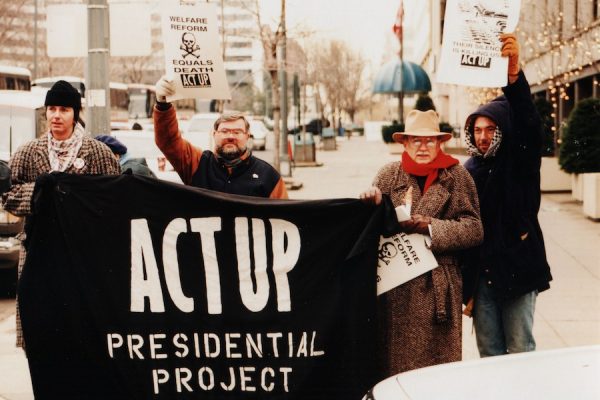I applaud Lerner’s eloquent call for mobilizing a broadly-based, well-financed, strategically-conceived, mass organizing campaign across the regions, industries, businesses, and occupations of the American economy. There is nothing of more importance for the success of our economy, the revitalization of our democracy, the re-creation of a civic society, and, most importantly, the needs of all who must work for a living.
Within that framework the movement must do what it must do. If circumstances call for civil disobedience as the effective and necessary means of achieving justice and recognition — which was the case in the sit-down strikes of the 1930s — then we must pursue that approach.
My own view is that circumstances are more complex than Lerner’s apparent single strategy seems to suggest. The struggle to build a labor movement in America has been under way since the industrial revolution, with victories and defeats and an enormous variety of strategies and approaches. Some of the most militant of these strategies led to surges of strength, while some of the more conservative led to survival so that the struggle might continue. There are compelling needs, in a society as multi-faceted as ours, both to build bridges and block them. To meet the needs of workers in this society the movement needs the ability to do either or both, as may be necessary and appropriate.
The union and the labor movement which I have been privileged to serve has not seen itself in a complacent, assured, accepted relationship to the rest of our society, or at peace with the corporate agenda, or committed to some single strategy such as being concerned about competitiveness, organizing “hot shops,” or seeking labor law improvements as the way to rebuild the labor movement. Nor have I for a single moment considered giving up on collective bargaining and the adversarialism it implies.
In an industry such as steel, to fail to use the power of collective bargaining to assert workers’ rights to an effective voice in determining that there will be a surviving, well-managed, competitive industry with good, safe, union jobs would be to fail utterly in one of our most fundamental responsibilities.
Similarly, it would be to fail in another of our most fundamental responsibilities if we did not work to change American labor law — now a travesty of what it was intended to be, in terms of providing workers a free and democratic opportunity to join unions and participate in collective bargaining. What workers in America are required to face, in the way of employer intimidation and coercion, merely to vote to have a union, is an unconscionable disgrace, condemned by the democratic principles for which the nation stands. And it is an experience virtually unknown in any other advanced country.
This time of downsizing, declining real wages, stagnant family incomes, massive under- and unemployment, endemic poverty, and social dysfunction cries out for unionization. The labor movement must respond to this cry with every resource it can bring to bear and with every approach available to it that enables workers to organize and bargain effectively with their employers.





